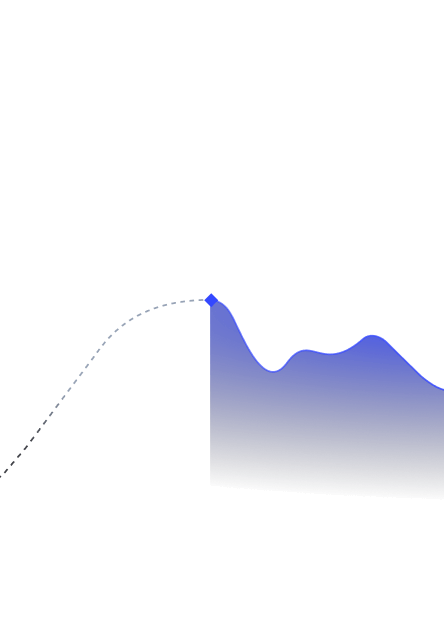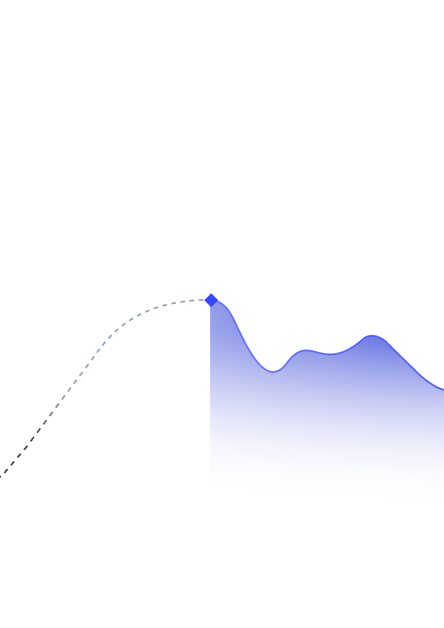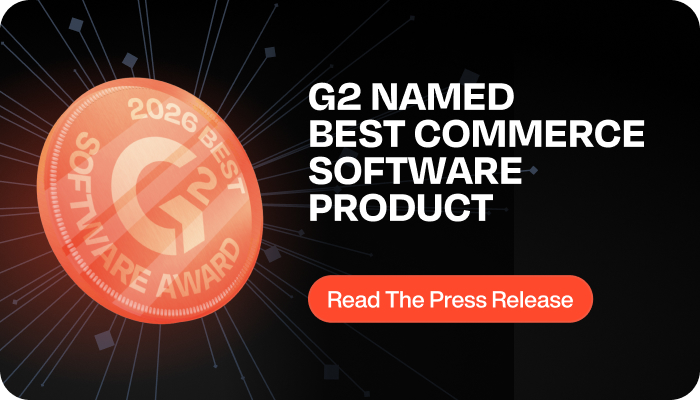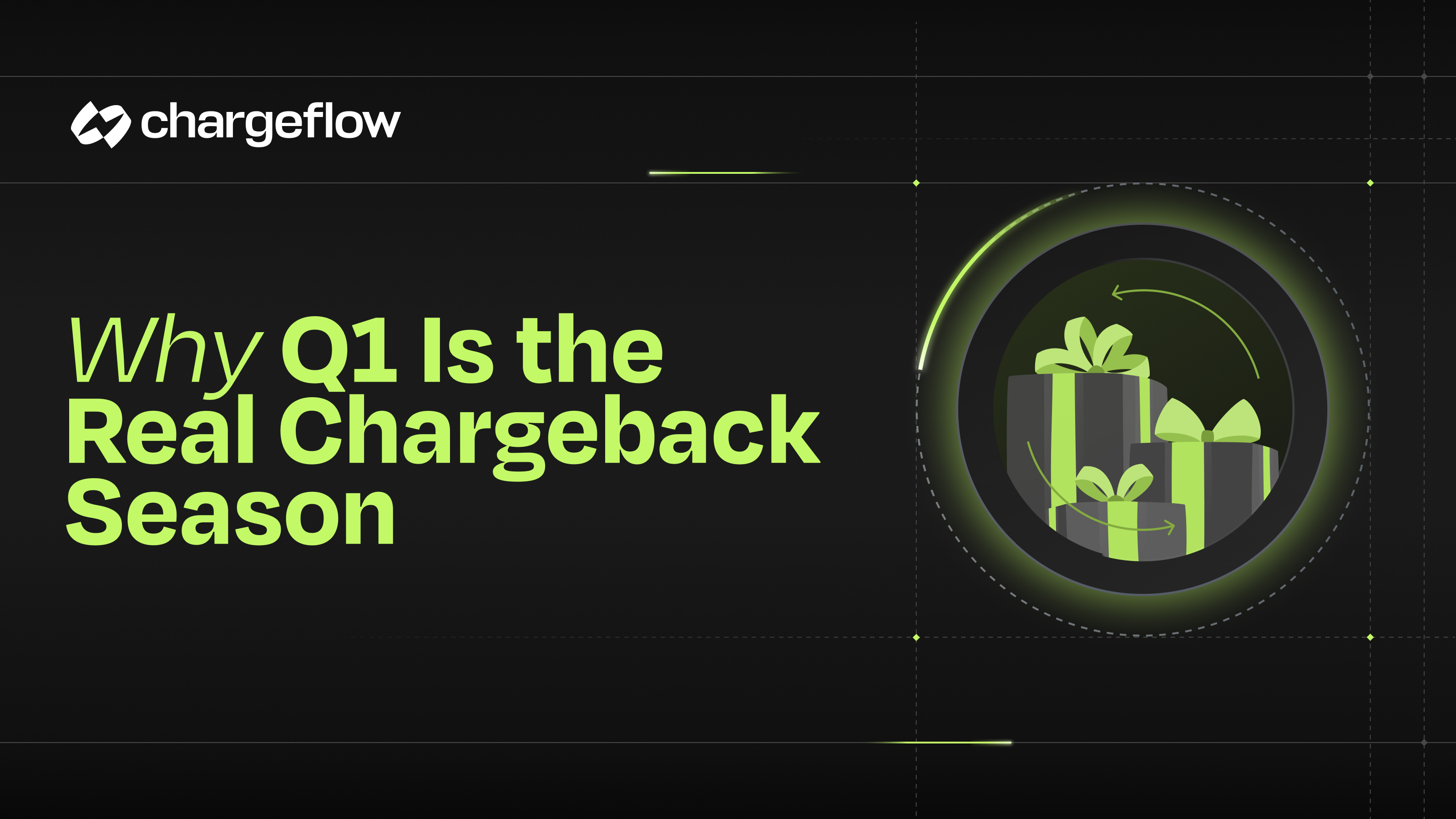MasterCard's Dispute Administration Fee: What Merchants Need to Know

Chargebacks?
No longer your problem.
Recover 4x more chargebacks and prevent up to 90% of incoming ones, powered by AI and a global network of 15,000 merchants.
Learn about MasterCard's Dispute Administration Fee and its impact on merchants. Stay informed to manage your business and finances effectively.
In the fast-paced world of e-commerce and digital transactions, merchants face numerous challenges, one of which is the management of disputes. Among the various card networks, MasterCard has implemented a Dispute Administration Fee that directly impacts merchants. It is crucial for merchants to have a comprehensive understanding of this fee in order to navigate the dispute resolution process effectively and minimize its financial implications.
MasterCard's Dispute Administration Fee is a significant aspect of the overall dispute resolution process. It is designed to cover the costs associated with managing and resolving disputes between merchants, cardholders, and issuing banks. This fee is of particular importance to merchants as it directly affects their bottom line.
By delving into the intricacies of MasterCard's Dispute Administration Fee, merchants can gain valuable insights into its purpose, calculation, and impact. Understanding the underlying reasons for the fee implementation can shed light on the challenges faced by the payment industry and how responsible dispute management can benefit all parties involved.
This article aims to provide merchants with a comprehensive overview of MasterCard's Dispute Administration Fee. We will explore the fee structure, its implications for merchants, and strategies to mitigate its impact.
By the end of this article, you will have a solid understanding of MasterCard's Dispute Administration Fee and be equipped with valuable knowledge to optimize your dispute management strategies. Let's dive in and uncover what merchants need to know about this fee and how it can affect your business.
What is the Dispute Administration Fee?
The Dispute Administration Fee is a fee levied by MasterCard to cover the costs associated with managing and processing payment disputes between merchants, cardholders, and issuing banks. It serves as a means to offset the expenses incurred by MasterCard in facilitating the dispute resolution process.
Fee Structure and Calculation
The fee is typically calculated on a per-dispute basis, meaning that merchants are charged for each dispute filed against them. The specific amount may vary, but it is typically a fixed fee or a percentage of the transaction value involved in the dispute. The exact fee structure and calculation method may differ based on the merchant's agreement with MasterCard and other factors.
Factors Affecting the Fee Amount
Several factors can influence the Dispute Administration Fee amount. These factors include the type of dispute, the complexity of the case, the resources required for investigation, and any additional costs incurred during the resolution process. MasterCard considers these variables when determining the fee amount.
Importance of Understanding the Fee
For merchants, comprehending the Dispute Administration Fee is essential for effective financial management. By understanding the fee structure, calculation methods, and factors influencing the fee amount, merchants can take proactive steps to minimize disputes, optimize dispute resolution processes, and mitigate the financial impact of the fee.
Why MasterCard Implemented the Dispute Administration Fee
MasterCard implemented the Dispute Administration Fee as a response to the rising costs and inefficiencies associated with managing payment disputes. This fee serves to address the challenges faced by the card network and encourage responsible dispute management among merchants.
The decision to introduce the Dispute Administration Fee was driven by the need to mitigate the financial burden placed on MasterCard and its network participants, such as issuing banks and acquiring merchants. Disputes can be a costly and time-consuming process, involving investigation, documentation, and resolution efforts. By implementing the fee, MasterCard aims to recover some of these costs and promote more efficient dispute resolution practices.
Additionally, the fee serves as an incentive for merchants to take proactive measures in managing disputes. By imposing a financial consequence for excessive disputes, MasterCard encourages merchants to improve their fraud prevention measures, enhance customer service, and streamline their dispute resolution processes. This ultimately benefits both the card network and the merchants by reducing the frequency and severity of disputes.
It is important for merchants to understand the rationale behind MasterCard's implementation of the Dispute Administration Fee. By comprehending the motivations and goals behind the fee, merchants can better navigate the dispute resolution process and proactively work towards minimizing disputes.
Impact of the Fee on Merchants
The Dispute Administration Fee imposed by MasterCard can have significant financial implications for merchants. Understanding the impact of this fee is crucial for businesses to effectively manage their dispute resolution processes and mitigate potential losses. Here are some key points to consider:
1. Financial Implications: The Dispute Administration Fee can add up to the overall costs for merchants. Each dispute that escalates to the chargeback stage may result in the fee being charged to the merchant's account. As the number of disputes increases, so does the potential financial burden on the business.
2. Profitability and Cash Flow: The fee can directly impact a merchant's profitability and cash flow. The financial impact of dispute-related fees can erode profit margins, especially for small and medium-sized businesses operating on tight budgets. It is important to factor in these costs when assessing the financial health of the business.
3. Reputation and Customer Relationships: Excessive disputes and chargebacks can harm a merchant's reputation and strain customer relationships. Customers may lose trust in a business that frequently faces disputes, leading to a negative impact on customer loyalty and potential future sales. Maintaining open lines of communication and resolving issues promptly can help preserve customer relationships.
MasterCard's Dispute Administration Fee Policies
MasterCard's Dispute Administration Fee (DAF) is a fee that is assessed to merchants and acquirers for each chargeback that is filed in the European Union (EU). The fee is intended to cover the costs associated with processing and resolving chargebacks, such as fraud prevention, investigation, and customer support.
MasterCard's official documentation on the DAF can be found in the MasterCard Rules. The Rules provide detailed information on the DAF, including the fee amount, how it is assessed, and how it is used.
MasterCard also provides fee policies and guidelines for merchants. These policies and guidelines provide information on how merchants can reduce their DAF fees. For example, merchants can reduce their fees by preventing chargebacks, winning chargeback disputes, and working with their acquirer.
MasterCard monitors and enforces the DAF through its dispute resolution process. If a merchant does not comply with the DAF policies and guidelines, MasterCard may take action, such as imposing fines or terminating the merchant's account.
The DAF is a controversial fee that has been the subject of much debate. It is important for merchants to understand the fee and how it affects them. Merchants should also take steps to prevent chargebacks and to fight them vigorously if they are filed.
MasterCard's Official Documentation on the Fee
MasterCard's official documentation on the DAF can be found in the MasterCard Rules. The Rules provide detailed information on the DAF, including the fee amount, how it is assessed, and how it is used.
The Rules state that the DAF is a fee that is assessed to merchants and acquirers for each chargeback that is filed in the European Union (EU). The fee is intended to cover the costs associated with processing and resolving chargebacks, such as fraud prevention, investigation, and customer support.
The Rules also state that the DAF amount varies depending on the type of transaction. For intra-European ATM and Maestro transactions, the DAF is €45. For intra-European Mastercard POS transactions, the DAF is €60. The DAF does not apply to transactions that are coded with the following Merchant Category Codes (MCCs):
- 5499: Travel Agencies
- 5735: Tour Operators
- 5815: Passenger Railways
- 5816: Passenger Airlines
- 7311: Rental Car Agencies
- 7399: Miscellaneous Transportation
Fee Policies and Guidelines for Merchants
MasterCard also provides fee policies and guidelines for merchants. These policies and guidelines provide information on how merchants can reduce their DAF fees. For example, merchants can reduce their fees by preventing chargebacks, winning chargeback disputes, and working with their acquirer.
The policies and guidelines also state that merchants are responsible for understanding the DAF and how it affects them. Merchants should also take steps to prevent chargebacks and to fight them vigorously if they are filed.
Monitoring and Enforcement by MasterCard
MasterCard monitors and enforces the DAF through its dispute resolution process. If a merchant does not comply with the DAF policies and guidelines, MasterCard may take action, such as imposing fines or terminating the merchant's account.
MasterCard also has a team of experts who monitor the DAF and its impact on merchants. This team works to ensure that the DAF is fair and equitable for all parties involved.
The DAF is a controversial fee that has been the subject of much debate. It is important for merchants to understand the fee and how it affects them. Merchants should also take steps to prevent chargebacks and to fight them vigorously if they are filed.

Chargebacks?
No longer your problem.
Recover 4x more chargebacks and prevent up to 90% of incoming ones, powered by AI and a global network of 15,000 merchants.
















































.png)








